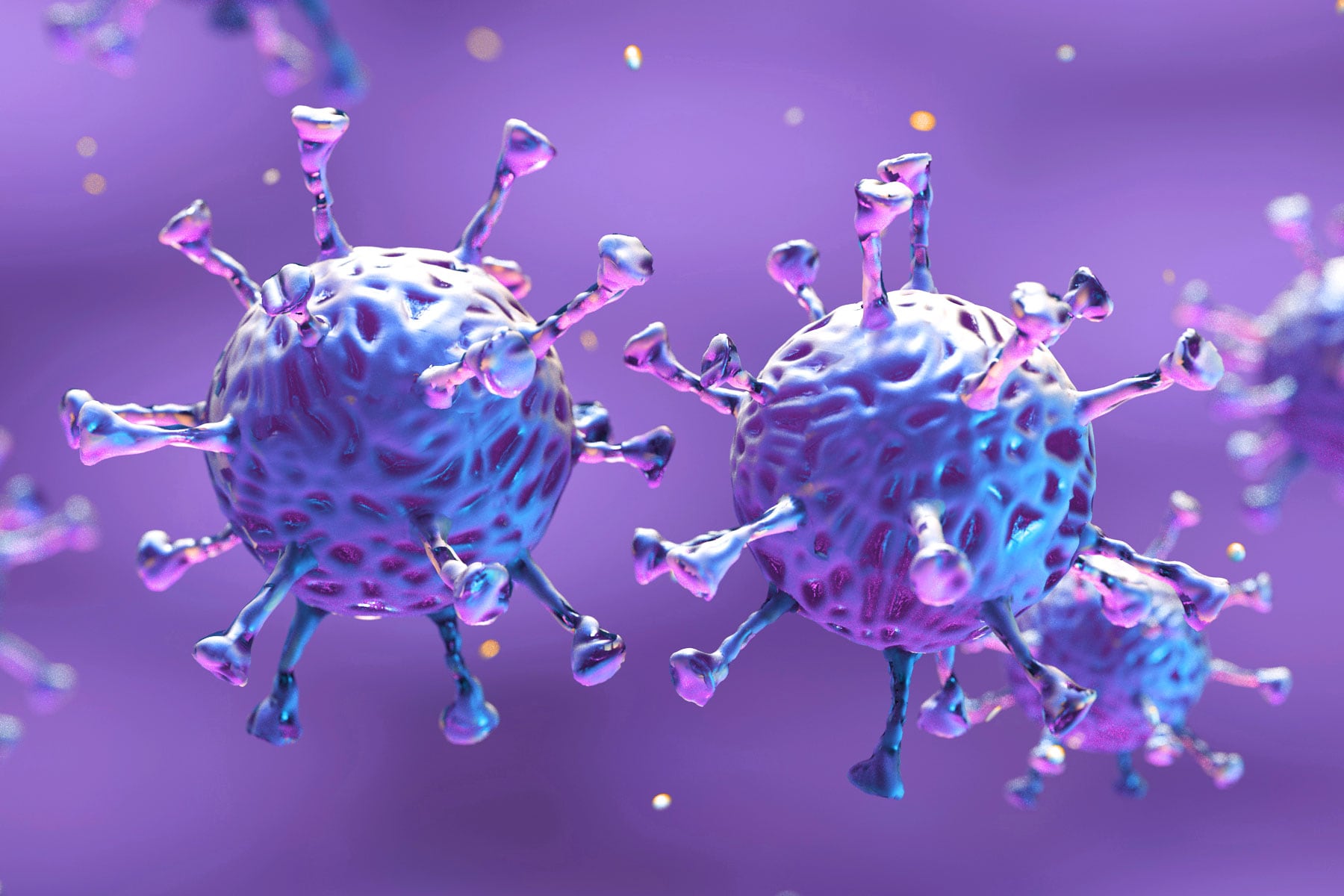Persistent Depressive Disorder Causes, Symptoms, Diagnosis and Treatment

What Is Persistent Depressive Disorder?
Persistent depressive disorder is a chronic form of depression. In order to fulfill the diagnostic criteria of persistent depressive disorder, the affected individual must suffer from chronic depression for at least 2 years.
This depressed mood occurs for most of the day, for more days than not, for at least 2 years. Episodes of Major Depressive Disorder may precede Persistent Depressive Disorder, and Major Depressive Episodes may occur during Persistent Depressive Disorder; in which case both are diagnosed.
Persistent depressive disorder is marked by visible impairment in daily life functioning, feeling of hopelessness, lack of self esteem etc. Such feelings may lead to disruption of relationships and may interfere with daily activities.
Treatment is available. However, the affected individual may find it challenging due to the chronic nature of the disorder. However, psychotherapy and medications may help.
Causes Of Persistent Depressive Disorder:
The exact underlying cause is not known. However, it is suspected to occur due to a combination of different factors. These may include:
- Biological differences.
Physical changes in brain
Brain chemistry.
Changes in the function and effect of these neurotransmitters and how they interact with neurocircuits involved in maintaining mood stability may play a significant role in depression - Inherited traits.
Its more common In those whose blood relatives have the same condition - Life events.
traumatic events such as:
the loss of a loved one
financial problems
a high level of stress
Symptoms Of Persistent Depressive Disorder:
The following symptoms may be exhibited:
- Poor appetite or overeating
- Insomnia or hypersomnia
- Low energy or fatigue
- Low self-esteem
- Poor concentration or difficulty making decisions
- Feelings of hopelessness
- Loss of interest in daily activities
- Sadness, emptiness or feeling down
- Avoidance of social activities
- Feelings of guilt and worries over the past
Diagnosis Of Persistent Depressive Disorder:
Persistent depressive disorder may be diagnosed via:
- Physical exam.
- Lab tests, to rule out other medical conditions that may cause depressive symptoms.
- Psychological evaluation.
Questionnaire to pinpoint feelings
Treatment Of Persistent Depressive Disorder:
The following treatment options are available:
- Medications
Selective serotonin reuptake inhibitors (SSRIs)
Tricyclic antidepressants (TCAs)
Serotonin and norepinephrine reuptake inhibitors (SNRIs) - Psychotherapy
By : Natural Health News




